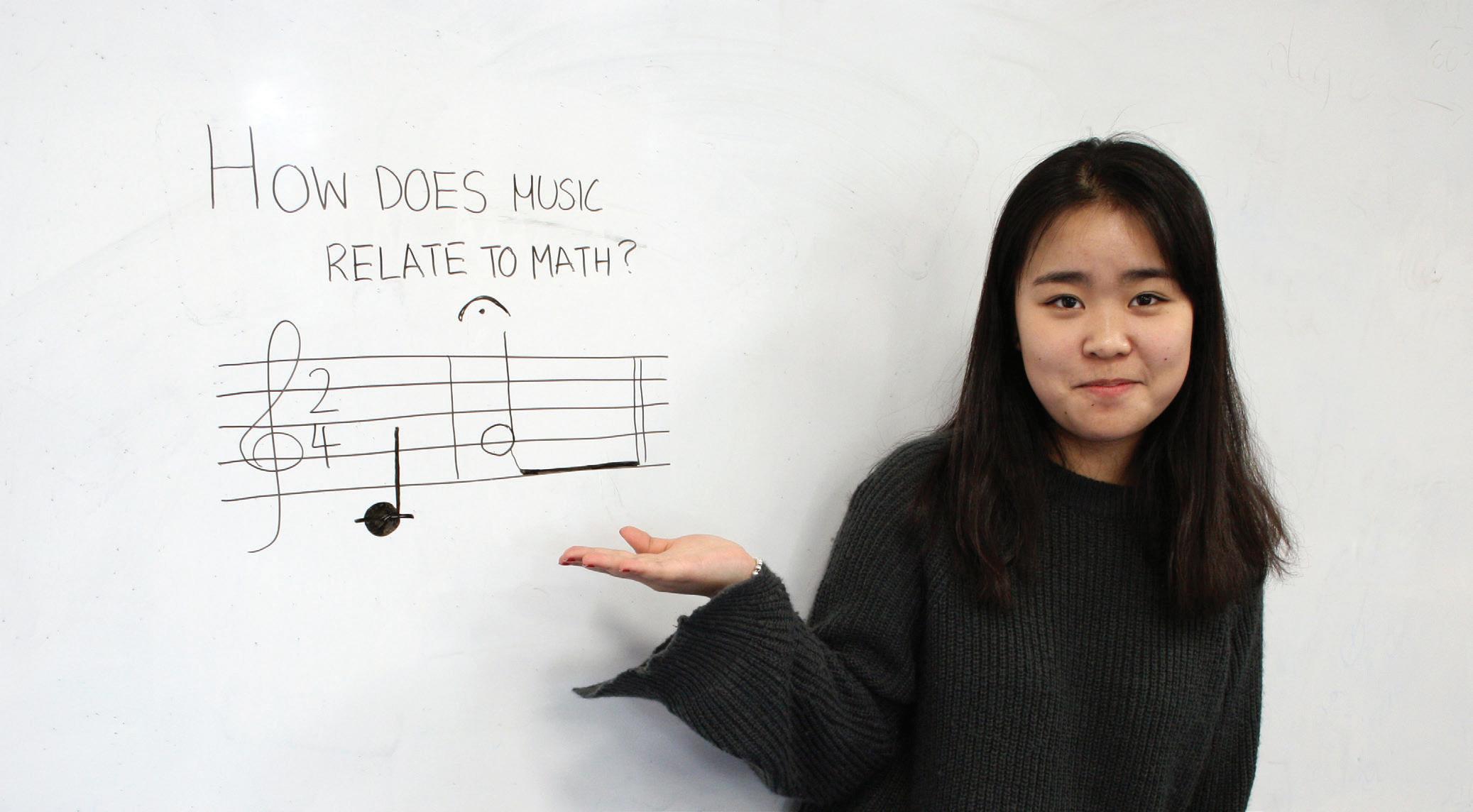Fifth column
Dr Neely’s dilemma E T Ranger ponders cultural misunderstandings Do you remember the Duke University contretemps in January 2019? A lot has happened since, so it’s not surprising if you have forgotten. Dr Megan Neely was running a postgraduate course in Biostatistics at Duke University, when two of her colleagues came to her complaining that some of the Chinese students were gathering at lunchtime in a noisy bunch and chatting in Chinese, when they could be practising their English. The colleagues even suggested recording names of transgressors for the time when they needed academic references. Dr Neely posted a message to the students accordingly. The predictable uproar ended with Dr Neely standing down from management of the postgraduate programme and major embarrassment all around. This is a familiar story; why is it still happening? There was once a time when students were forbidden to use their mother-tongue during school hours, but does this happen any more? Current wisdom advises that the relaxation of lapsing into the home language during recesses is a source of joy and spiritual recharging, especially during the early stages of proficiency. If the school wants students to learn from English-speaking peers they can always engineer contacts of interdependence, such as buddying when they first arrive, or working in class in deliberately mixed teams. Linking the new language to painful compulsion is not likely to make for happy learners. When those of us who are English-speakers are in a country with a language that we cannot speak, the moments of sweet relief when we find an English-speaker are such a joy that we can find ourselves chatting like old friends with the most unlikely compatriots. A language community is a little bit of home. The late Mike Allan, a visionary international school teacher, used to put students to work together in language groups, which then reported to the class in English. The most recentlyarrived students had the highest level of education and status in their own country, but the older hands had better English. The ‘new’ students earned due respect within their group, while the ‘old’ students demonstrated their skills at the new language. Maximum gain, minimum pain. There is evidence that success within a mother-tongue class gives precious confidence which carries over into working in the
new language. It seems humiliating to make students spend all day in a milieu in which they are incompetent, when they have spent a lifetime becoming good students in their own language-world. There are increasing numbers of international schools now where management and most families are local, and Anglophone teachers are hired to lend prestige. In this case enforced English may still be the norm, for the sake of the image, but conscientious teachers will feel uneasy about the practice. There are even stories of families who insist on using English at home, even if the style and standard are some way short of the mother-tongue level of the teachers. This is a serious challenge, calling for very delicate negotiation. The local relationship between hosts, school management, families and expatriate teachers is something that every teacher should look at very, very carefully. There are plenty of stories of teachers who didn’t do so, and paid for it! At Duke the message on the website became a cause célèbre in hours, to the surprise – and some embarrassment – of the Chinese students. Others murmured online about ‘snowflakes’ and ‘microaggressions’, but we should not dismiss the outcry as irrelevant. In the USA the battle against prejudice is an historic and continuing issue, but it became clear that the reaction of the Chinese students was very different, starting from a tradition of deep respect for learning. There is quite clearly a range of cultural positions involved in this debate. I suggest that some elements of this issue are everyday stuff for us: do we recognise that second-language students need times of language relief? Do we recognise that some communities find it good manners to stay together in a group? Are we taking positive action to help first- and second-language students to work in mixed groups? Do we have a mechanism for cultural misunderstandings to be resolved in an atmosphere of respect rather than selfrighteousness? The scenario has happened many times before, and will no doubt happen many times again. But let’s hope it doesn’t happen in your school!
There are increasing numbers of international schools now where management and most families are local, and Anglophone teachers are hired to lend prestige.
Winter
Summer |
| 2019
55



























